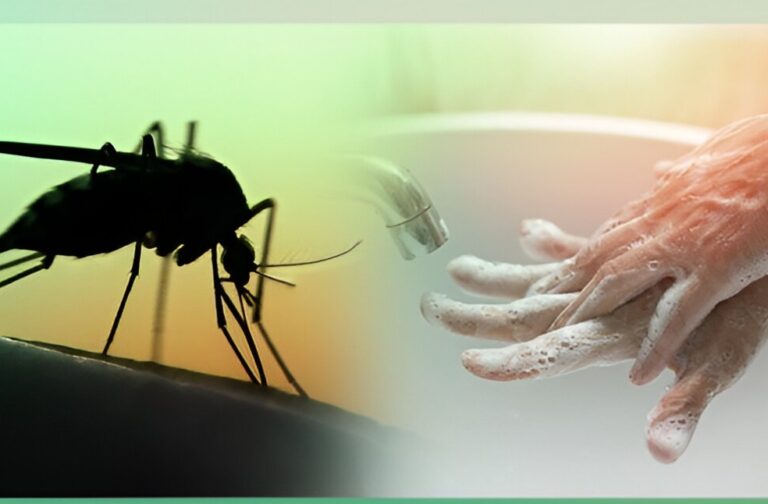Philippine: Authorities in one of the Philippines’ most densely populated urban centres are offering a cash reward for captured mosquitoes in an unconventional bid to curb the spread of dengue fever.
Carlito Cernal, village chief of Barangay Addition Hills in Metro Manila, declared a bounty of one peso (less than 2 US cents) for every five mosquitoes—whether alive, dead, or in larval form. The initiative follows the recent deaths of two students from the disease in the community.
Cernal emphasised that the mosquito bounty is indicated to supplement existing control measures, including sanitation efforts and the elimination of stagnant water where dengue-carrying mosquitoes breed. Captured live mosquitoes will be eradicated using ultraviolet light, he added.
The Philippine Department of Health (DOH) acknowledged the local government’s intentions but stopped short of endorsing the strategy. The cash-for-mosquitoes scheme quickly sparked online ridicule, with social media users doubting its practicality.
⚠️ Alamin ang banta ng Dengue! ⚠️
Ang Dengue ay galing sa kagat ng mga lamok na may stripes na itim at puti sa kanyang katawan at binti.
Maaaring magsimula ang Dengue sa sintomas na tulad ng trangkaso, ngunit maaaring lumala at magdulot ng mas malubhang sakit. pic.twitter.com/mSobZ9jmtD
— Department of Health Philippines (@DOHgovph) February 18, 2025
Despite the criticism, Cernal defended the initiative, stressing the urgency of action in Barangay Addition Hills, where nearly 70,000 residents live in a high-density urban setting. The area recently documented 44 dengue cases with a nationwide surge in infections.
The DOH reported a 40 percent increase in dengue cases as of February 1, with 28,234 cases recorded. Officials have recommended the public to maintain cleanliness, eliminate breeding sites, wear protective clothing, and apply mosquito repellent.
The rainy season has also contributed to rising cases of influenza-like illnesses and leptospirosis, a bacterial infection linked to wading in floodwaters. Authorities continue to observe the situation and reinforce preventive measures against mosquito-borne and waterborne diseases.



